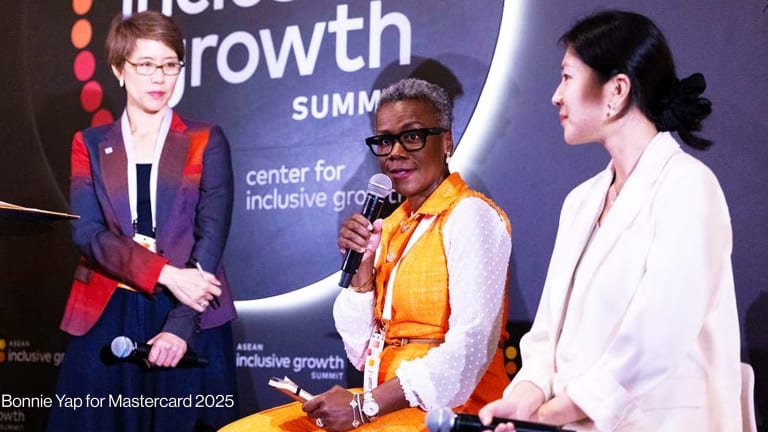
How should health goals be framed in a post-2015 development agenda? The World Health Organization chimes in on the debate with a proposal to address broadening health concerns under the umbrella of universal health coverage.
WHO expounds on this proposal in a discussion paper where it identifies three issues that should be considered when discussing global health in the context of a new development agenda post-2015:
How to sustain health gains of the past years and protect existing and future investments in the sector.
How to address a changing global health agenda, which now includes “new” issues like noncommunicable diseases, while avoiding “promoting a long list of competing” goals.
How to position health in the context of sustainable development.
Promoting universal health coverage is one way to address these issues and make sure health remains a key part of the post-2015 development agenda, WHO argues. It defines universal coverage as a “dynamic process” where everyone has access to needed health services as well as financial risk protection.
WHO stresses that as a goal, universal health care “is not about a fixed minimum package” but about “making progress on several fronts: the range of services that are available to people; the proportion of the costs of those services that are covered; and the proportion of the population that are covered.”
But it’s not enough to identify universal health coverage as a goal, the agency notes. It also makes the case for the development of indicators and targets to monitor and measure results on both national and international levels. Among indicators WHO suggests is “health life expectancy,” which it says captures mortality, morbidity and disability.
Read more development aid news online, and subscribe to The Development Newswire to receive top international development headlines from the world’s leading donors, news sources and opinion leaders — emailed to you FREE every business day.








